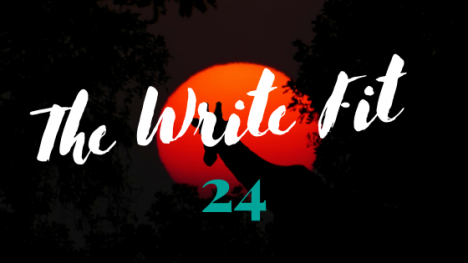
Australia has been in an enviable position since the coronavirus hit, at least until this month.
The COVID-smug smile was wiped off our collective faces when Melbourne and surrounding suburbs experienced an increase in infections they haven’t been able to contain. Victoria, the state where Melbourne is located, has more than double the number of cases of any other state. It is also leading the country in deaths with one and a half times more than the next highest state.
Victoria Premier Daniel Andrews lashed out at the public, blaming people for not following “very clear instructions” about the need to self-isolate while waiting for their COVID-19 test results to come back.
But as people were quick to point out, the official leaflet from the Department of Health, given to people being tested, says: “You do not need to self-isolate while you wait for your results if you are feeling well.”
*Headdesk*
It’s a classic communications breakdown. Which message were the people being tested receiving? If it was one, then it was clearly the wrong one — given the spike in infections. If they received both, then it’s little surprise that most people seem to have chosen the most attractive option for themselves. That’s human nature.
That’s why messaging in any organisation is so important and why it’s vital for everyone to arrive at a consensus opinion on what your message will be.
Most importantly, it’s also why everyone needs to use the same, consistent messaging. Without that you’ve got about as much hope as Sting does, on an island lost at sea, hoping someone gets his message in a bottle.
But there’s another part to this story where writing process could have improved public health outcomes. According to our State of Writing research, we all need to work on our quality processes. Of all respondents,
I don’t know where the disconnect happened in the latest coronavirus outbreak. Mixed messaging was definitely a culprit, but a good proofreader should catch these kinds of errors, too. It’s their job to look for inconsistencies, point out blind spots to the writer and make sure what you’re publishing is correct in more ways than spelling and grammar. An eagle-eyed proofreader would have pointed out the conflicting advice between state and national offices, which could have raised a very welcome alarm.
Marketing and writing don’t usually come with life and death consequences. But when they do, you don’t want to be on the wrong side of that equation.
Sarah Mitchell
29 July 2020
